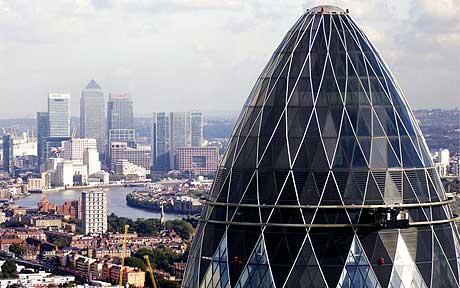With the current cost of living crisis, it is not all surprising that leasehold properties are a more viable and attractive option to many purchasers. Generally, albeit not entirely true, leasehold properties can appear to be the less costly alternative to a freehold purchase, and it has become the more attractive option in London however, there are costs which are not always apparent and which some owners may struggle to finance.
So why are leasehold properties deemed as the more attractive option?

Other than it being cheaper to buy, it involves a lot less building upkeep and you could potentially avoid significant costs for any repairs, as any costs for general maintenance would come from a contribution from all leaseholders by way of service charge and placed into a reserve or sinking fund. Contrastingly as an owner of a freehold property, you would have to cover all the repair works yourself which can be a heavy financial burden. As an owner of a leasehold property your repair and maintenance responsibility will generally be limited to the internal parts of your property.
Section 20 costs – what are they and why do leaseholders need to be aware?
Whilst you may not be responsible for the building upkeep you will be responsible for paying for any planned major works that the Landlord proposes. If there is a reserve or sinking fund in place which is able to cover the amount for the works then you will be only required to top up the reserve fund by normal way of service charge contributions. However, if there is no monetary fund in place, then the costs will be directly obtained from you. If the amount for the works costs less than £250.00 per leaseholder then it will be charged through the service charge, however, if it exceeds this amount then this demand will be separate to your service charge and this is where it could place a financial burden on the leaseholder. With higher-end leasehold buildings, this can be a hefty charge that you may have to pay.
What happens if a landlord proposes to carry out major works?
If the cost of the major works would result in a contribution of more than £250 for each leaseholder, then the landlord is under an obligation to consult with the leaseholders under S.20 of the Landlord & Tenant Act 1985 and serve you a S.20 notice of intention to carry out the works and details of the proposed works.
Tenants will be invited to a consultation where they can make observations on the proposed works and may be allowed to nominate a contractor for the landlord. The landlord will have a duty to have regard to the observations received from the tenants and respond with further notice with the details of the nominated contractor(s).
Despite the consultation procedures in place some leaseholders may find it difficult to dispute the proposed work and if the landlord decides to carry out the work then regardless of the observations made by the leaseholders the work may still go ahead and the leaseholders have footed the bill for the works.
If you are thinking of purchasing a leasehold property your solicitor should be able to advise if there are major works proposed in the next 2 years. Even if there is no planned work somewhere down the line you may be faced with major work charges and you should financially prepare yourself if this situation arises. Understandably some tenants may struggle to pay if the landlord proposes these works. We would recommend enquiring about any payment plans available so you know the financial impact this will have on you should the works arise.
Call us on 0345 370 1000 for more details.
